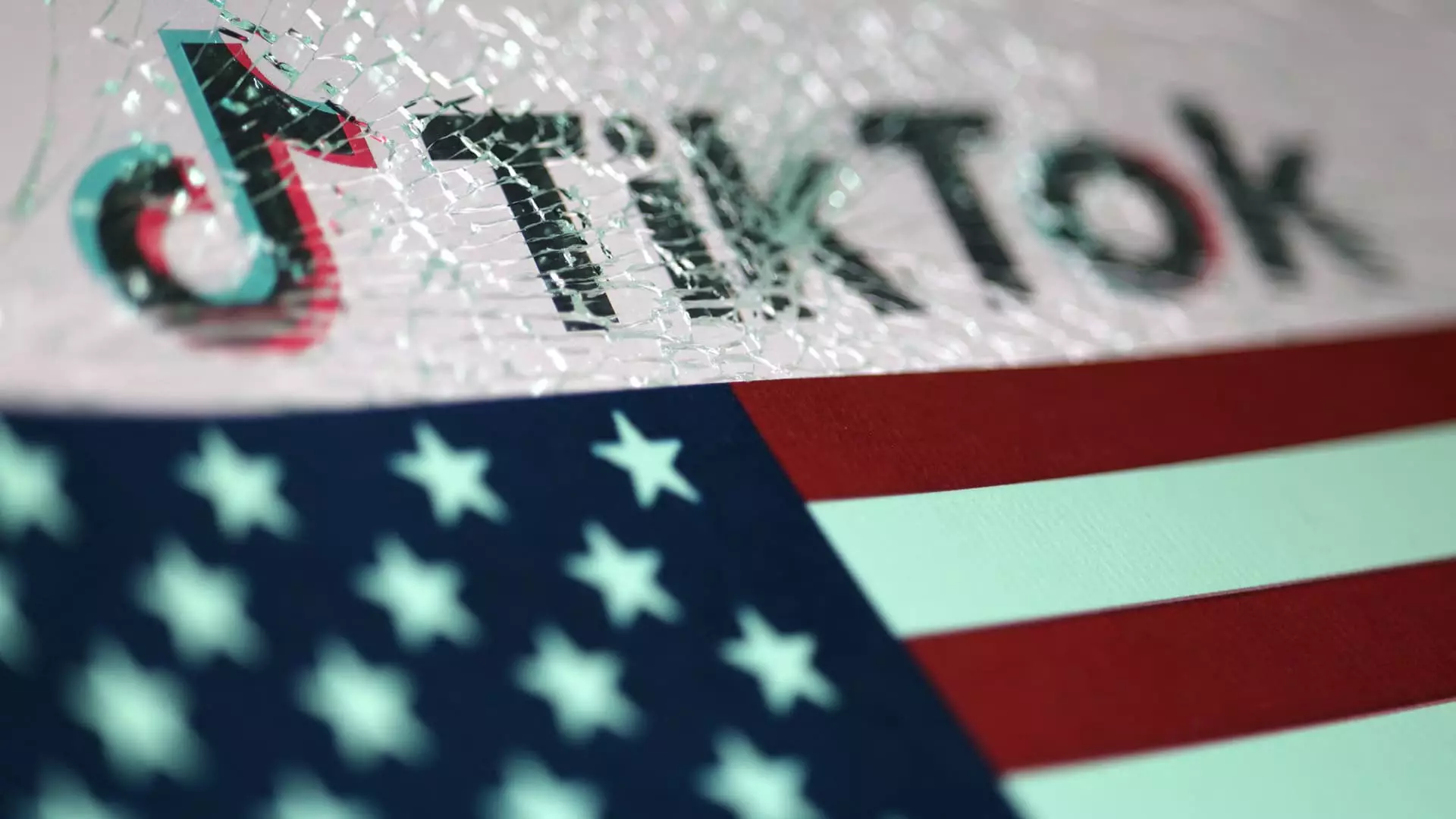In recent months, TikTok has found itself at the center of a heated political debate in the United States. Following President-elect Donald Trump’s assertion that he would grant a reprieve to the popular video-sharing app, access was restored for some American users. This development unfolded after Trump’s announcement of an impending executive order, hinting at a potential delay of a sweeping federal ban on the app. The re-establishment of access, albeit temporarily, highlights the intricate relationship between politics and technology amidst growing concerns surrounding data privacy and national security.
In a statement communicated via social media platform X, TikTok expressed gratitude towards President Trump, stating that clarity had been provided to their service providers regarding the absence of penalties for continuing operations in the U.S. This illustrates TikTok’s strategic maneuvering to maintain its user base, which boasts over 170 million Americans and supports roughly 7 million small businesses. The app touted this decision as not only a win for its users but also as an important affirmation of First Amendment rights against what it described as arbitrary censorship.
Yet, while TikTok celebrates its temporary reprieve, the overarching question remains: what do such political machinations mean for the app’s longevity in the U.S. market? Even after the president’s assurances, the uncertainty still looms large. With a ruling from the Supreme Court that upheld the law intended to ban TikTok, the situation remains fraught with political hazard for all parties involved. It raises the issue of whether national security concerns truly justify restrictive actions against digital platforms.
The saga surrounding TikTok is emblematic of a broader ideological battle over internet governance, data privacy, and foreign influence. Trump’s proposals, including a potential joint venture that would allow the U.S. to maintain a 50% stake in TikTok, speak to a complicated reality. ByteDance, the company that owns TikTok, has consistently asserted it has no intention of divesting. This has led to an impasse, as American entities seek a compromise that ensures both the app’s survival and the safeguarding of user data.
As the situation stands, the app’s viability in the United States hinges on complex negotiations between the app’s Chinese owner and the U.S. government. A potential path forward could involve significant shifts in corporate governance, though whether this would align with ByteDance’s business strategy remains uncertain.
The issue with TikTok is not merely a technical or business matter; it reflects the growing interdependence between national policy and digital platforms. The outcomes of these deliberations will set precedents not only for TikTok but for future foreign-owned technology companies operating in the U.S. As political leaders and technology firms continue to navigate this terrain, the balance between safeguarding national security and promoting internet freedoms will remain a defining challenge of our digital age. The TikTok dilemma raises critical questions about regulation, equity in digital ownership, and the future of online spaces—a narrative that is far from over.


Leave a Reply